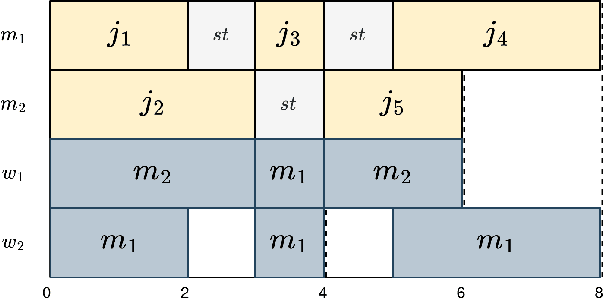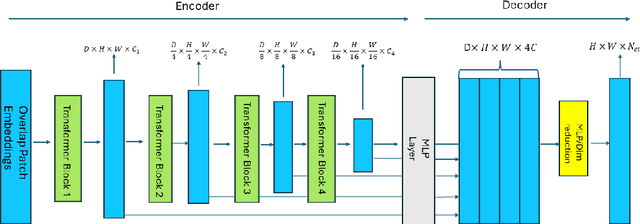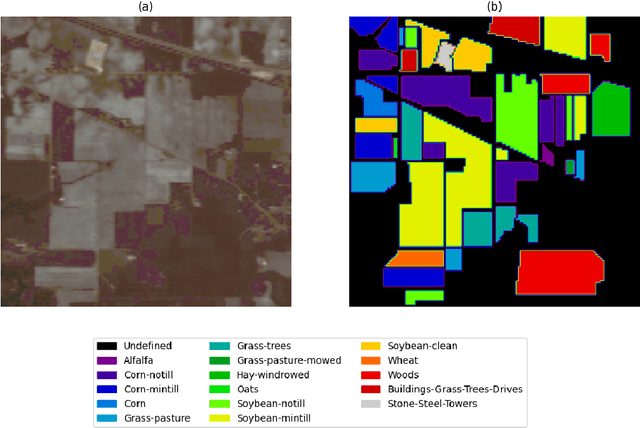Maria Zampella
Exploring Multi-Agent Reinforcement Learning for Unrelated Parallel Machine Scheduling
Nov 12, 2024



Abstract:Scheduling problems pose significant challenges in resource, industry, and operational management. This paper addresses the Unrelated Parallel Machine Scheduling Problem (UPMS) with setup times and resources using a Multi-Agent Reinforcement Learning (MARL) approach. The study introduces the Reinforcement Learning environment and conducts empirical analyses, comparing MARL with Single-Agent algorithms. The experiments employ various deep neural network policies for single- and Multi-Agent approaches. Results demonstrate the efficacy of the Maskable extension of the Proximal Policy Optimization (PPO) algorithm in Single-Agent scenarios and the Multi-Agent PPO algorithm in Multi-Agent setups. While Single-Agent algorithms perform adequately in reduced scenarios, Multi-Agent approaches reveal challenges in cooperative learning but a scalable capacity. This research contributes insights into applying MARL techniques to scheduling optimization, emphasizing the need for algorithmic sophistication balanced with scalability for intelligent scheduling solutions.
AMBER -- Advanced SegFormer for Multi-Band Image Segmentation: an application to Hyperspectral Imaging
Sep 14, 2024



Abstract:Deep learning has revolutionized the field of hyperspectral image (HSI) analysis, enabling the extraction of complex and hierarchical features. While convolutional neural networks (CNNs) have been the backbone of HSI classification, their limitations in capturing global contextual features have led to the exploration of Vision Transformers (ViTs). This paper introduces AMBER, an advanced SegFormer specifically designed for multi-band image segmentation. AMBER enhances the original SegFormer by incorporating three-dimensional convolutions to handle hyperspectral data. Our experiments, conducted on the Indian Pines, Pavia University, and PRISMA datasets, show that AMBER outperforms traditional CNN-based methods in terms of Overall Accuracy, Kappa coefficient, and Average Accuracy on the first two datasets, and achieves state-of-the-art performance on the PRISMA dataset.
 Add to Chrome
Add to Chrome Add to Firefox
Add to Firefox Add to Edge
Add to Edge